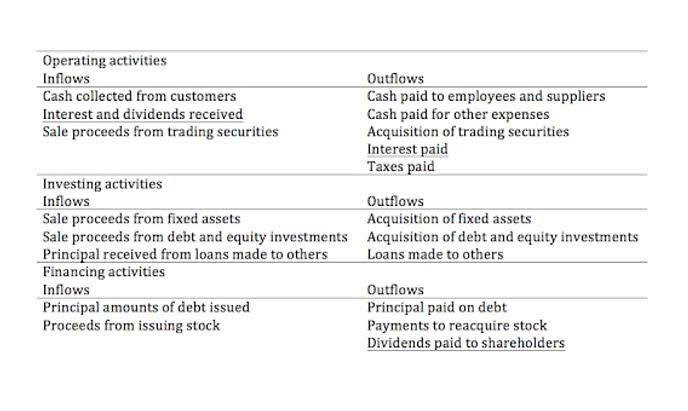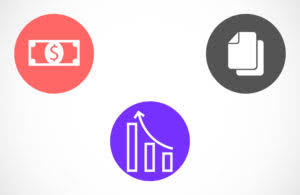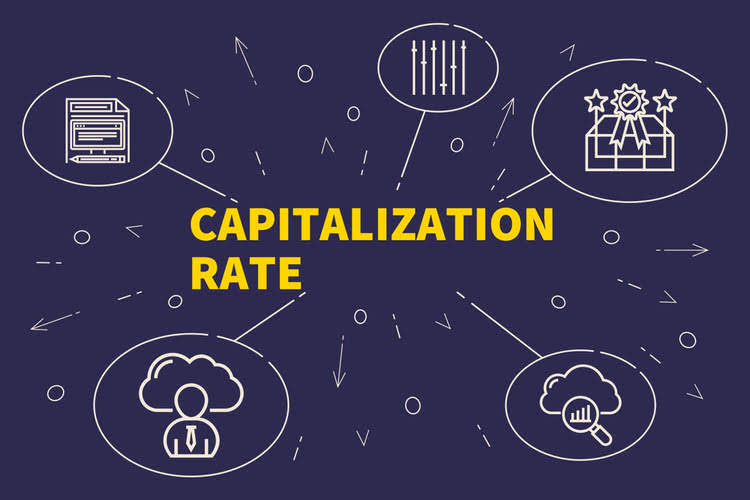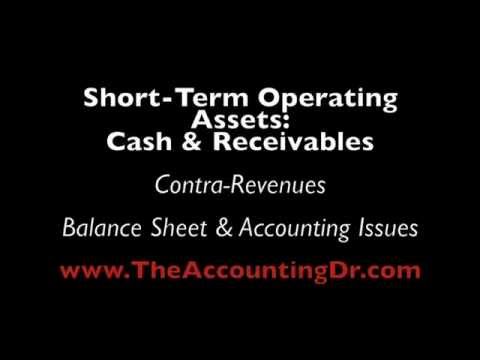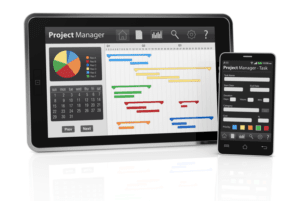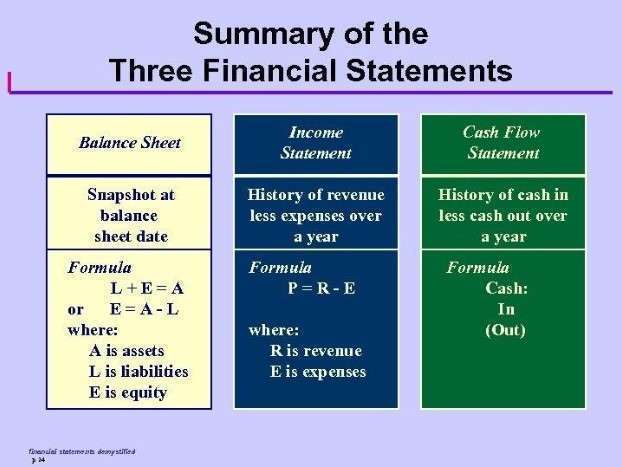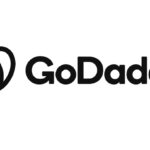
The small business bookkeeping tips above help to minimize these errors. You can get additional help with paycheck issuing, employee tax withholding, and payroll tax return filing. Remember that assets are what your company owns, and liabilities are what it owes. How to Meet Your Bookkeeping Needs A balance sheet can help you decide whether your business can meet all its financial obligations. You may think that combining your personal and business expenses is a good idea.
What Is Bookkeeping? Duties, Pay, and How to Become a Bookkeeper

Typically, double-entry bookkeeping uses accrual accounting for liabilities, equities, assets, expenses and revenue. Typically, single entry bookkeeping is suitable for keeping track of cash, taxable income, and tax deductible expenses. Since good record keeping relies on accurate expense tracking, it’s important to monitor all transactions, keep receipts, and watch business credit card activity. Many bookkeeping software options automate the tracking process to eliminate errors. When you keep detailed, organized records of your business transactions, tax season suddenly won’t feel like such a daunting chore.
Is it worth paying a bookkeeper?
Invest in training your employees involved in handling intercompany transactions to ensure they understand the processes, policies, and other regulatory standards. Well-trained employees are more likely to accurately record and reconcile transactions, address discrepancies, and get them solved quickly. When intercompany sales are subjected to VAT or sales tax depending on the jurisdiction, proper documentation and reporting should be done to avoid non-compliance risk. Also, companies must account for tax provisioning and benefits arising from intercompany transactions. Intercompany transactions must comply with the tax regulations especially when it involves transfer pricing regulations and profit https://www.bookstime.com/ allocation among different jurisdictions.
- Before you start bookkeeping, you need to determine the right bookkeeping method and corresponding accounting method for your business.
- Generally, accrual basis is the recommended accounting method and more aligned with generally accepted accounting principles.
- Julia is a writer in New York and started covering tech and business during the pandemic.
- Intuit accepts no responsibility for the accuracy, legality, or content on these sites.
- If you’re new to business, you may be wondering about the importance of bookkeeping.
- That ad revenue can be classified as unrelated business income, because ads don’t directly serve your members.
- From the start, business owners can get personalized answers to questions and spend less time on their books.
Keep Track of Cash Payments
And most finance departments in small to mid-sized nonprofit membership organizations are resource constrained, creating even more challenges. Your company withholds FICA taxes (along with their federal income taxes) from your employees’ paychecks. You’ll then transfer these funds, along with your own contributions, via the Electronic Federal Tax Payment System (EFTPS). This means you do not legally have to maintain detailed financial records and therefore, you may decide that you don’t need the support of a bookkeeper. A bookkeeper is responsible for keeping track of money coming in and out of the business’ accounts and making sure everything matches up; this is referred to as balancing the books. Common bookkeeping errors include transposing numbers, entering data in the wrong account, adding or leaving out digits or decimal places, or duplicating and omitting entries.
- For example, imagine you run a business in Ontario, and last year you owed $3,500 in taxes after filing.
- This happens when you transfer money from one of your business accounts to another one or to a business credit card.
- If your business is a multinational corporation then the intercompany transactions involve different currencies.
- From there, the total pay is determined with the applicable taxes and withholdings.
Contact us to help you with your foreign tax needs today, and watch your business grow. FUTA taxes are reported annually using Form 940, Employer’s Annual Federal Unemployment (FUTA) Tax Return. You’ll also have to report these amounts (and other information) regularly to the IRS. As an employer, you’re responsible for half of the FICA tax amounts for each employee. This can lead to missed deductions or compliance issues that may result in penalties. Having a comprehensive overview of how your business or self-employment is faring financially can be very helpful.

The system you choose to use doesn’t need to be complicated and the ledgers should be straightforward, especially if you have just a few or no employees. The most important parts of doing your own bookkeeping are staying organized and keeping track of the details. You can earn certification from the National Association of Certified Public Bookkeepers (NACPB) and the American Institute of Professional Bookkeepers (AIPB). The NACPB offers a certified public bookkeeper (CPB) certification, while the CPB offers a certified bookkeeper (CB) certification. Both the CPB and CB certifications require similar eligibility requirements. Having the right accounting software program can make all the difference.
QuickBooks accounting software can help you ease into the accrual method of accounting by ensuring that your records are accurate, based on information from your credit card or payment apps. If you plan on growing your business in the future, you’ll probably want to get used to using this method. Psst—to stay organized and make recording easier, remember to keep your personal finances and your business finances separate.
James Moore: Accounting Firm for Nonprofit Membership Organizations

This will allow you to quickly catch any errors that could become an issue down the road. Without bookkeeping, accountants would be unable to successfully provide business owners with the insight they how is sales tax calculated need to make informed financial decisions. The specific amount of an emergency fund may depend on the size, scope, and operational costs of a given business.

Accounting ledger
By keeping track of every dollar you spend, you can gain insight into where your money is going and make informed decisions about allocating your resources. Individuals who are successful bookkeeping professionals are highly organized, can balance ledgers accurately, have an eye for detail and are excellent communicators. There are dozens and dozens of bookkeeping options available and the choices may seem overwhelming. We’ve analyzed and rated the best online bookkeeping services to help you make the best decision when choosing the right one. Integrity and trustworthiness are important qualities to cultivate as a bookkeeper.



